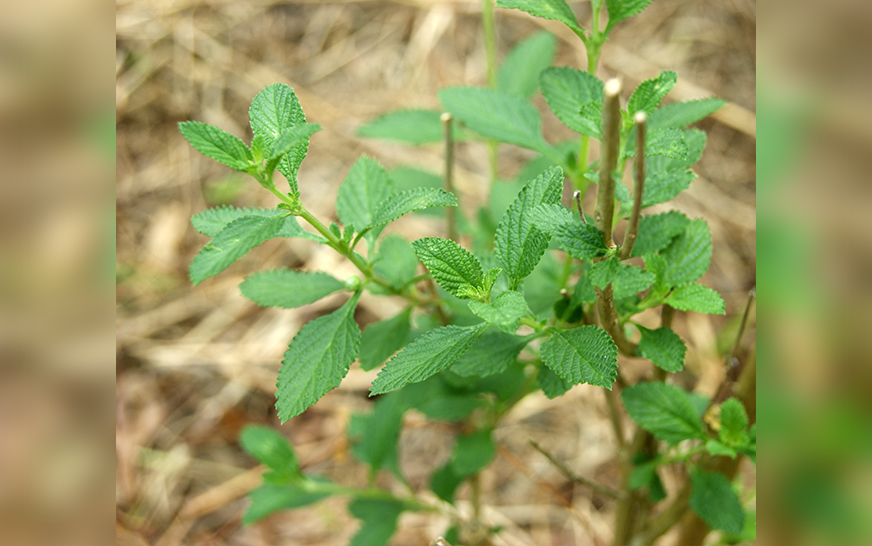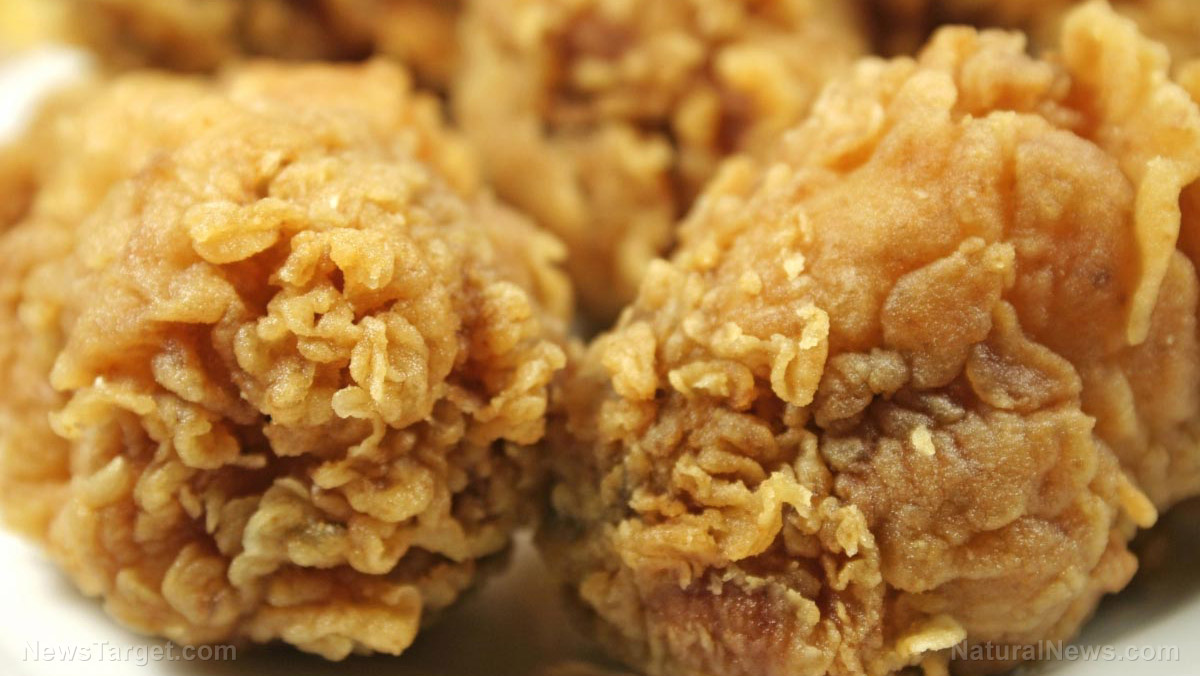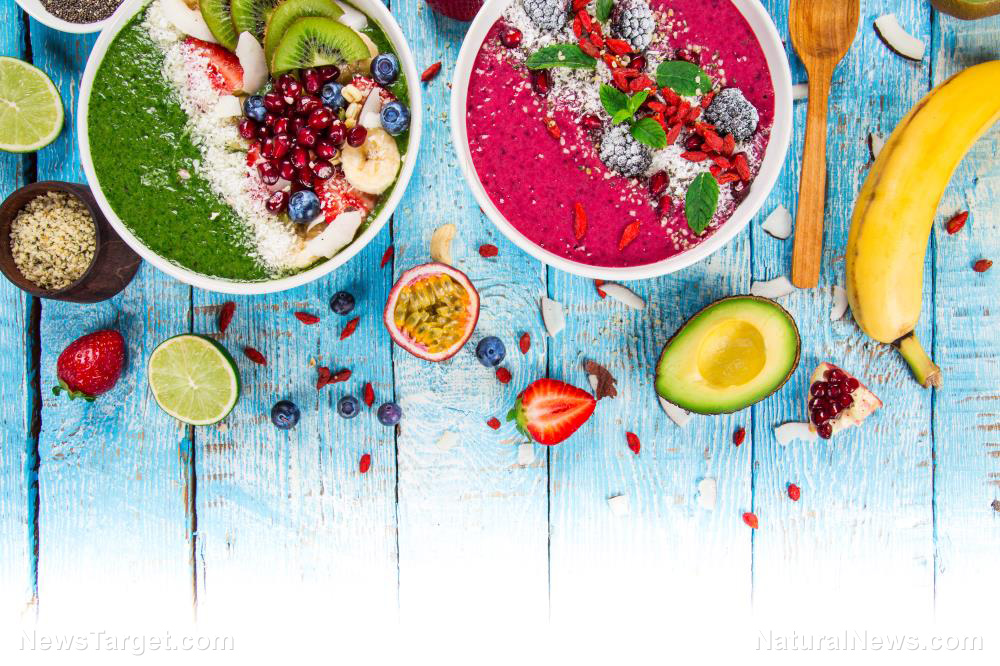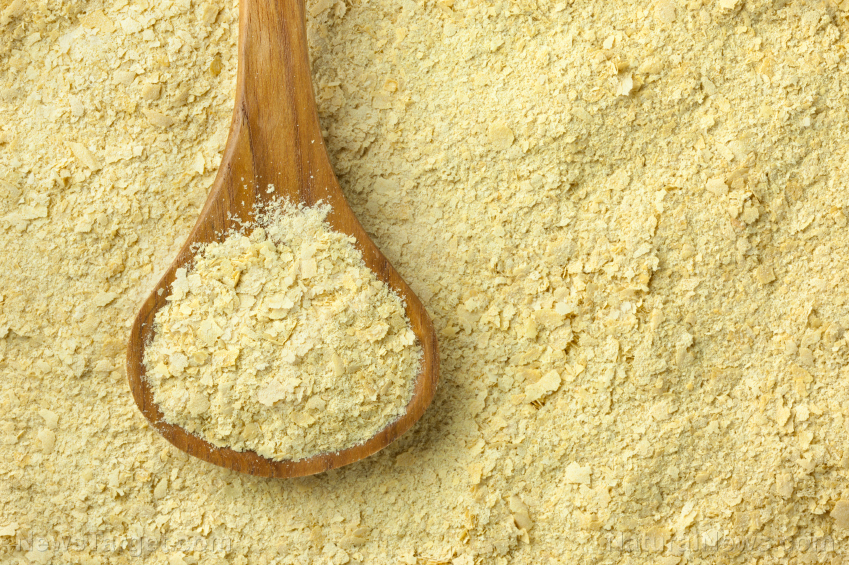A compound common in human diets found to have novel anti-cancer effects
09/11/2019 / By Michelle Simmons

The food you’re eating might be protecting you from cancer. A study published in The American Journal of Chinese Medicine revealed that allyl isothiocyanate (AITC), a compound present in human diets, has novel cancer-fighting properties.
AITC is commonly found in many cruciferous vegetables such as arugula, broccoli, cabbage, and cauliflower. It is also the compound that gives mustard, radish, horseradish, and wasabi their pungent taste. (Related: Surprise! Why common mustard is one of the healthiest cancer-fighting foods you’ll ever discover.)
For the study, a team of researchers from Taiwan looked at the effect of AITC on human breast cancer cell lines MCF-7 and MDA-MB-231. Isothiocyanates, such as AITC, have been shown to exhibit anti-cancer effects, such as the induction of programmed cell death in different human cancer cell lines.
In this study, the research team found that AITC stimulated reactive oxygen species (ROS) and Ca2+ production. It also reduced the mitochondrial membrane potential and increased the activity of caspase-8, -9 and -3 in both cell lines. Caspases play essential roles in programmed cell death and inflammation. In addition, AITC induced mitochondrial-mediated programmed cell death.
The researchers also found a significant decrease in the levels of the anti-apoptotic protein Bcl-2 and a marked elevation in the pro-apoptotic protein Bax in both cell lines after AITC treatment. They reported that the compound induced programmed cell death in human breast cancer MCF-7 cells via AIF and Endo G signaling pathways. However, in MDA-MB-231, programmed cell death occurred via another pathway.
Based on these results, the research team concluded that AITC can be used to treat various cancers.
AITC in mustard seed powder suppresses bladder cancer growth and muscle invasion
A study published in the journal Carcinogenesis showed that AITC can inhibit bladder cancer development and muscle invasion. In it, researchers used an AITC-rich mustard seed powder for their experiment. They reported that AITC was stably stored in the form of its glucosinolate precursor (sinigrin) in mustard seed powder.
When the powder was mixed in water in vitro and after it was ingested in vivo, myrosinase activity catalyzed the full conversion of sinigrin to AITC. Meanwhile, the matrix of mustard seed powder had no effect on AITC bioavailability. The matrix also did not interfere with AITC absorption and urinary excretion. Thus, mustard seed powder is a highly attractive delivery vehicle for AITC.
The mustard seed powder inhibited the growth of bladder cancer cells in vitro by inducing programmed cell death and cell cycle arrest at the G2/M phase. In an orthotopic rat bladder cancer model, consumption of mustard seed powder inhibited bladder cancer growth by 34.5 percent and completely blocked muscle invasion. This anti-cancer activity was accompanied by significant modulation of key cancer therapeutic targets, such as vascular endothelial growth factor, cyclin B1, and caspase 3. These findings suggested that AITC-rich mustard seed powder could potentially be used for the prevention and treatment of bladder cancer.
AITC as cancer chemopreventive phytochemical
A study published in the journal Molecular Nutrition & Food Research also reported that AITC exhibits anti-cancer activity in both cultured cancer cells and animal models. Its bioavailability is also high, as almost 90 percent of orally administered AITC is absorbed.
AITC is excreted in urine. Data from the study showed that AITC is effective in protecting against bladder cancer. This is because urinary concentrations of AITC equivalent were at least 10 times higher than its concentration in the plasma, while tissue levels of AITC equivalent in the urinary bladder were 14 to 79 times higher than in other organs after oral AITC administration in rats. These findings show the strong anti-cancer properties of AITC as well as its potential as a chemopreventive agent.
For more studies on potential cancer treatments, go to AntiCancer.news.
Sources include:
Tagged Under: AITC, allyl isothiocyanate, alternative treatment, anti-inflammatory, anticancer, breast cancer, cancer cures, cancer treatment, cruciferous vegetables, disease treatments, food cures, food is medicine, functional food, herbal medicine, Herbs, natural medicine, phytonutrients, research, veggie
RECENT NEWS & ARTICLES
COPYRIGHT © 2017 PREVENT CANCER NEWS



















